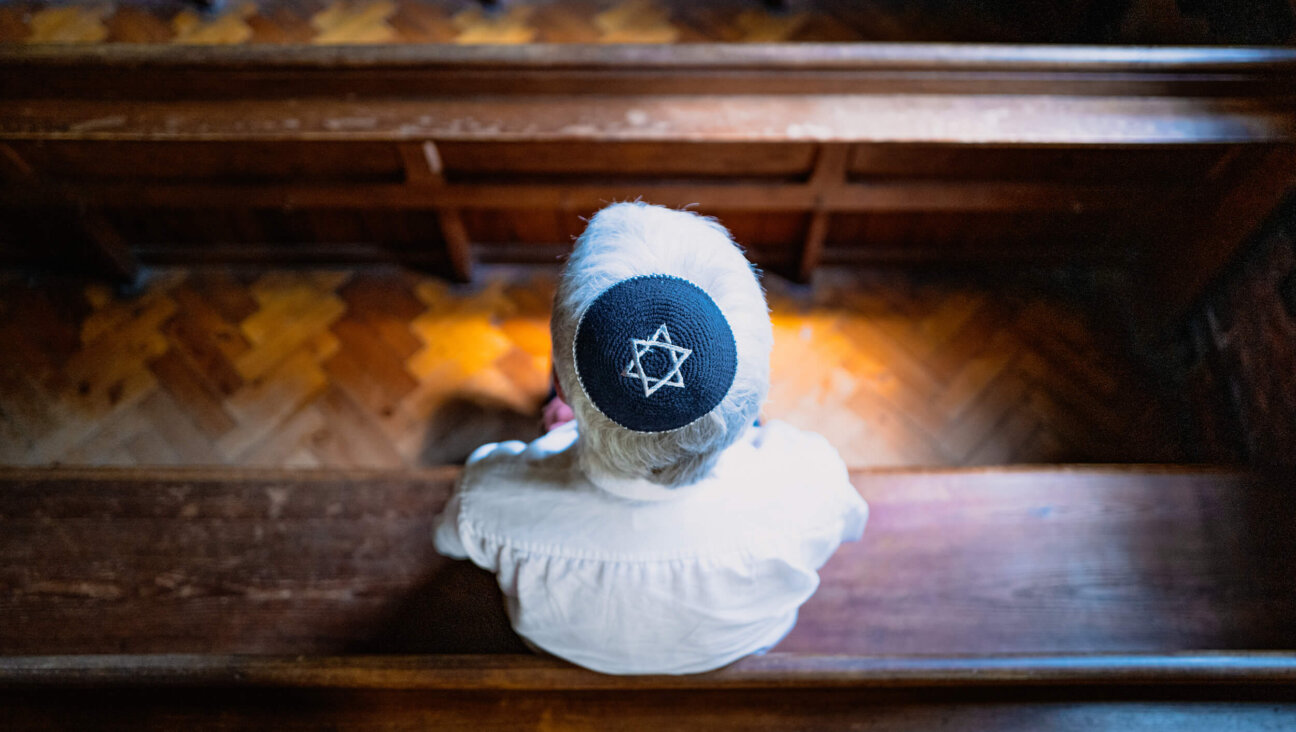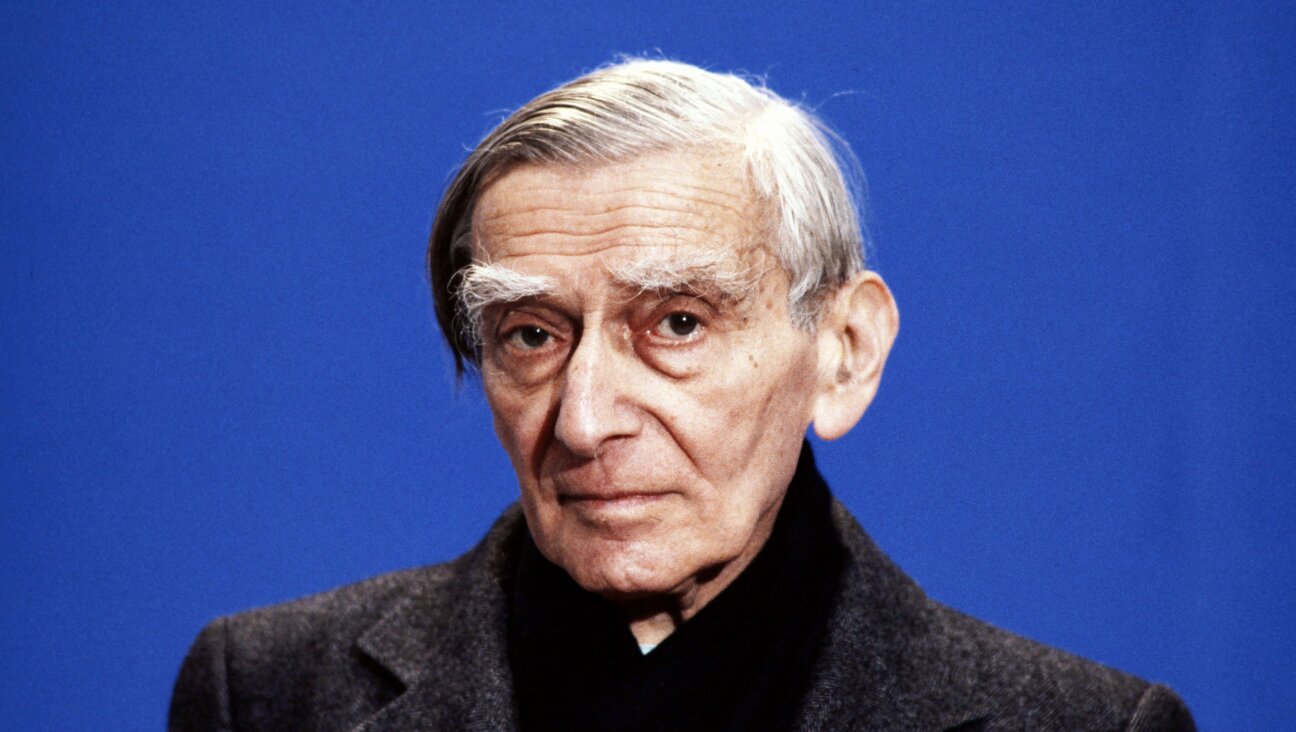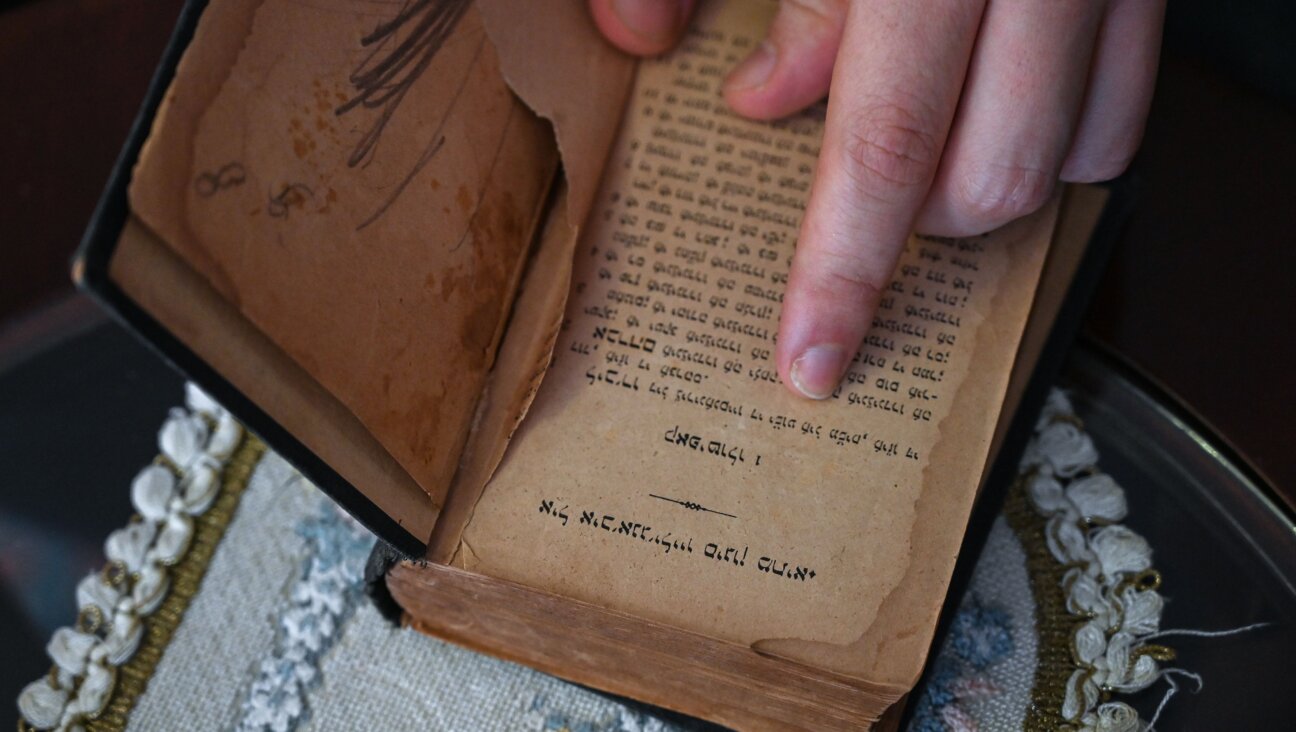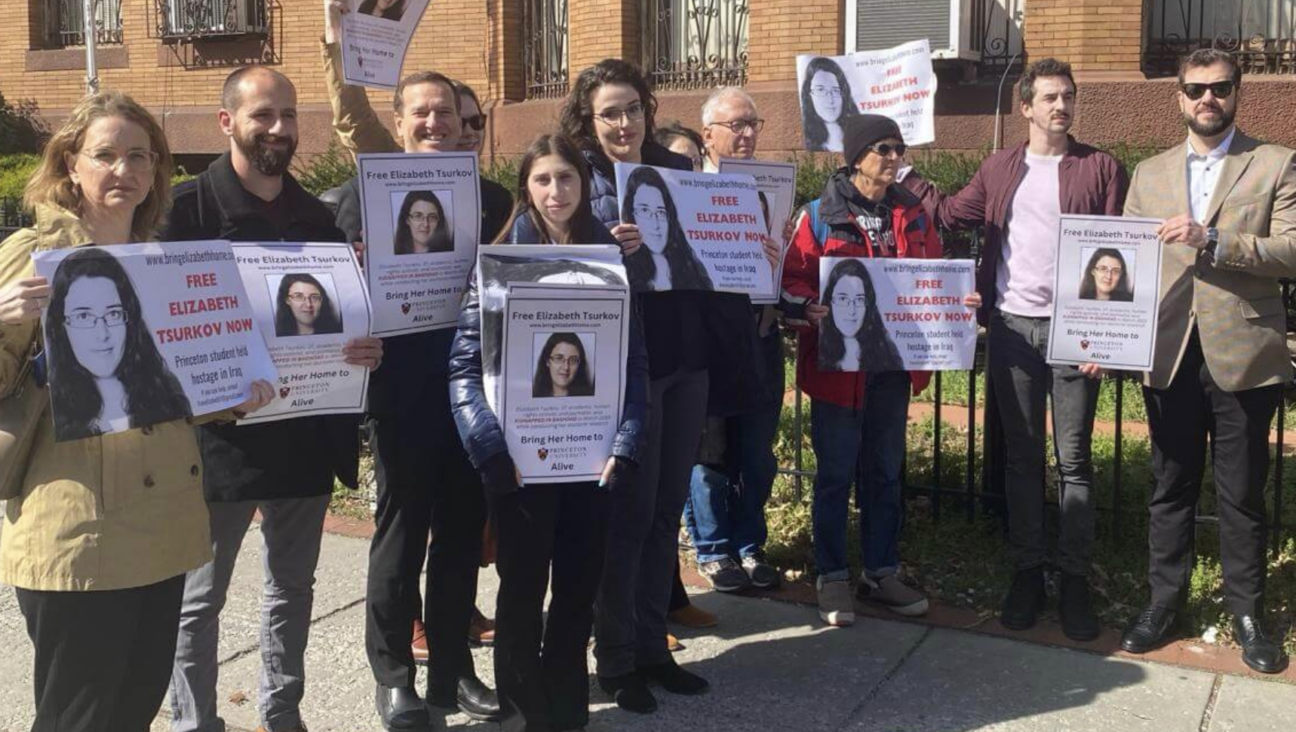Why Orlando Massacre Has America So Angry With Itself — Guns, Islam and Especially Homophobia

Image by Getty Images
For all the rancor in our national discourse over the past decade, it’s hard to remember a moment so dominated by vitriol and mutual loathing as the aftermath of the Orlando shooting. It’s almost as though we’re angrier at each other than at the murderer.
In part it’s the toxic impact of Donald Trump. But he’s merely sharpening the faultlines. Half of us, liberals, are outraged that America still doesn’t face up to the gun problem. The other half, conservatives, are appalled that we don’t look radical Islam square in the face and call it by its name. Those who think it’s all about guns dismiss the very notion of radical Islam problem as a bigoted distraction. Those who think it’s about radical Islam think the gun talk is just liberal whining.
Actually, both explanations are true. Both problems — guns and Islamist radicalism — are real, urgent and maddeningly complicated. Each side has something to teach the other. But that’s not how America works anymore. No, we line up with our teams and fire away at the opposition. The resulting debate is reminiscent of those old Miller Lite commercials with the fake smackdown between “great taste” and “less filling.” Both true, but who’s going to admit that the other guy has a point?
It’s particularly depressing that the debate has broken out with such force right now. The Orlando incident had three excruciatingly obvious legs: guns, Islamist radicalism and homophobia — and that’s leaving aside the mental instability lurking behind every homicide. Each leg played a critical role in bringing the shooter to the club and allowing him to open fire. Yet still we argue.
Ironically, homophobia is the one piece of the Orlando puzzle that most of us agree on. Ironic because it’s the one leg that raises the most questions. Evidence indicates the shooter was struggling with his own homosexual inclinations. If he harbored homophobic beliefs, they were complicated.
We know that he attended mosque and aspired to piety, notwithstanding his gay leanings and alcohol consumption. Orthodox Islam, like other monotheistic orthodoxies, condemns homosexuality. It’s likely he felt painfully torn between his two impulses, Muslim piety and gay inclination.
Did he choose his target because he wanted to strike a blow for jihad and felt a gay nightclub served a dual purpose — representing both Western culture and Western sin? Or was he driven to attack a gay club to exorcise his own inner demons — perhaps hoping, as some suggest, to end his life with an act of expiation for his own sin? Perhaps he himself couldn’t separate his tangled motivations.
And guns? The case against them has been made so often that it scarcely needs repeating here. If Omar Mateen hadn’t been able to obtain an AR-15, he couldn’t have killed so many people at once. Nor could the shooters at Sandy Hook, Aurora and San Bernardino. When will the message get through?
What the left doesn’t want to see is that America’s gun culture isn’t just an artifice concocted by lobbyists. Guns are genuinely popular. Politicians have lost elections for crossing the gun enthusiasts. To gun-control advocates, the solution to mass killing seems screamingly obvious. We keep shouting it, hoping the result this time will be different. To gun enthusiasts it just sounds like so much screaming. And nothing changes — on either side.
The issue of Islamist radicalism is far harder for liberals to discuss. Acknowledging it offends our dearest principles of equality, religious tolerance and individual responsibility. But it’s real, and it isn’t going away. Appalling paroxysms of violence and intolerance are tormenting the Muslim world from North Africa to the Philippines, and they’re radiating outward to non-Muslim societies. Most of the victims are other Muslims, slaughtered in almost daily suicide bombings in Baghdad, horrific tribal violence in Afghanistan, Somalia and Libya and civil wars in Syria and Yemen. But the hatreds and anguish travel with individuals and families migrating in search of safety.
It didn’t start with the birth of ISIS five years ago, nor with Al Qaeda 20 years ago. The collision between tradition and modernity has been roiling the Muslim world for two centuries, pitting authority against freedom, tribalism versus nationalism, religious orthodoxy versus free inquiry, patriarchy versus women’s advancement — not to mention local development needs versus Western oil interests.
These contradictions have erupted repeatedly into violence, going back at least to the Barbary Wars of Thomas Jefferson’s time. And Islam has been at the center of nearly every conflict, serving at once as a glue uniting fractured societies, a framework shaping individual lives, a banner to rally rebels and a bludgeon that protects the powerful. Islam is the fabric of life in the Muslim world.
Importantly, all these conflicts and contradictions unfold against the backdrop of a humiliating awareness of lost Islamic glory. As much as Jewish children study the exodus from Egypt and Europeans learn of the Crusades, Muslims are painfully aware that the house of Islam was once the seat of world enlightenment while Europe was in its dark ages and that somewhere, somehow, the roles were reversed.
Most modern politics in the Arab and broader Muslim world revolves around the search for a way forward, or back. The Arab Spring began as a movement of democratic advocates hoping to spark political and social reform. So too, in its own way, did the Muslim Brotherhood.
Even for those little interested in politics, the wounded pride can easily be aroused. When a Danish newspaper published cartoons of the prophet Muhammad in 2005, hundreds of thousands took to the streets in often-violent protests across the Muslim world. The Organization of Islamic Cooperation, an association of 57 Muslim-majority countries, has been lobbying the United Nations since 1999, against fierce opposition from Westrn democracies, to add a “freedom from defamation” clause to the Universal Declaration of Human Rights protecting persons from having their religion insulted.
Those who turn to jihadi terrorism as the answer to these conundrums of modernity constitute a tiny minority. But within 1.5 billion, even a tiny minority adds up. Experts estimate that active jihadis, counting ISIS, Al Qaeda, Boko Haram, the Philippine Moros and a host of smaller groups total somewhere around 100,000 worldwide, a significant number, yet barely six one-thousandths of a percent of the world’s Muslims.
The appeal spreads beyond the active core, however. Every society produces its frustrated, alienated youth, and every religion spawns a yearning among some of its young for a life of pure devotion and sacrifice.
For young Muslim men — including those raised to feel like outsiders in non-Muslim societies — jihad can have an appeal. It is, sadly, a purist, retrograde and very radical version of Islam.
A message from our Publisher & CEO Rachel Fishman Feddersen

I hope you appreciated this article. Before you go, I’d like to ask you to please support the Forward’s award-winning, nonprofit journalism so that we can be prepared for whatever news 2025 brings.
At a time when other newsrooms are closing or cutting back, the Forward has removed its paywall and invested additional resources to report on the ground from Israel and around the U.S. on the impact of the war, rising antisemitism and polarized discourse.
Readers like you make it all possible. Support our work by becoming a Forward Member and connect with our journalism and your community.
— Rachel Fishman Feddersen, Publisher and CEO























